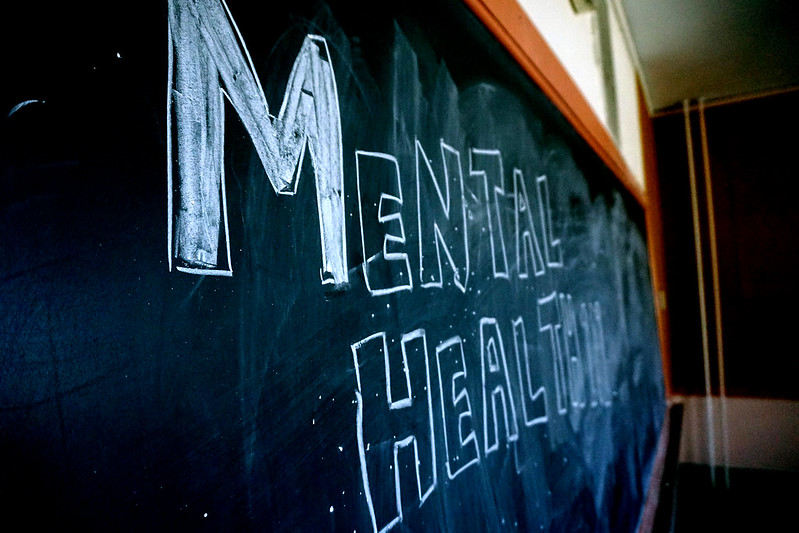The death of Caroline Flack this past weekend has again brought discussions about suicide to the forefront. Every time someone with a high profile makes the sad decision to take their own life, it feels like everyone on the internet has an opinion about it. Even those people who are being gentle and kind don’t understand suicide unless they have lived through it themselves. I am a survivor of the suicide of my dad, and over the past twelve years I’ve learnt a lot about suicide.
I won’t talk about Caroline specifically, except to send love to all her family and friends. But I did want to talk about suicide generally. I absolutely believe that we ought to talk more about mental health, without shame or stigma. There’s no shame in having bad mental health, it happens to a lot of people at some point in their lives, and the fact that mental ill health happens to high-profile people is proof that depression, anxiety, and mental disorders don’t discriminate.
I also think we need to properly fund mental health services. So many cuts in the UK over the last ten years mean that you can be waiting months – there are reports of up to 18 months in some areas – for free care. Waiting months can literally be the difference between life and death for some people. Being told that you would have to wait even six weeks for a preliminary assessment can feel too much if you’re at the bottom of despair. Until we fund mental health services, too many people will die by suicide.
I saw some talk about how Caroline looked “okay” in her last Instagram posts and I want to reiterate that people – even people in the very depths of despair – can be very good at masking their true feelings. There’s also a noted phenomenon where people who later die by suicide can seem suddenly on an upswing in the days leading up to their deaths. Loved ones can think ‘Oh, we’ve turned a corner’, when actually the person has made the decision to die and feels better because of it. They’re making plans and saying goodbyes, and can seem much more cheerful. This may have happened with Caroline; it’s only in hindsight that her loved ones will understand what she was going through. They will, it is likely, be blaming themselves.
Suicides are different to other deaths. They’re extremely sudden, and always unexpected, even if someone has been ill. You don’t get chance to say goodbye. Suicides are different to other unexpected deaths too, though. Survivors have to live with the fact that someone has chosen to remove themselves from life. We live with a lot of guilt. We go over every last interaction with had with the dead person, wondering if there was something we could have done. It’s twelve years later and I still wonder that. The fact is, survivors most likely tried their very hardest to help, and couldn’t have done anything to prevent their loved one dying. Somehow, survivors have to get through that in a way that survivors of most other deaths don’t.
Russell Brand made a passionate post about Caroline Flack and although I don’t often agree with him, I thought he was bang on in what he said. He said that the line that separates people who kill themselves from people who don’t is “vague and uncertain” and I would agree. Any one of us could get to that point, and I think some people could stand to imagine what it must feel like to feel like suicide is the only way out. No one in their “right mind” completes or attempts suicide, because human survival instinct is very strong. To get to those depths is rarely due to one thing, but often a hundred factors that have made a perfect storm. I do, in Caroline’s case, definitely believe that the press intrusion into her life and subsequent social media trolling will have been contributing factors.
Lastly, suicide is not selfish. Someone who dies by suicide is likely to believe that they are doing their loved ones a favour by removing the burden that they feel they are. As a survivor, I can explicitly say that my dad was never a burden. We wish he was here, even as ill as he was. I say this outright to anyone who has ever considered suicide: life is much better with you in it. I promise you.
Image credit: Edgar Languren

